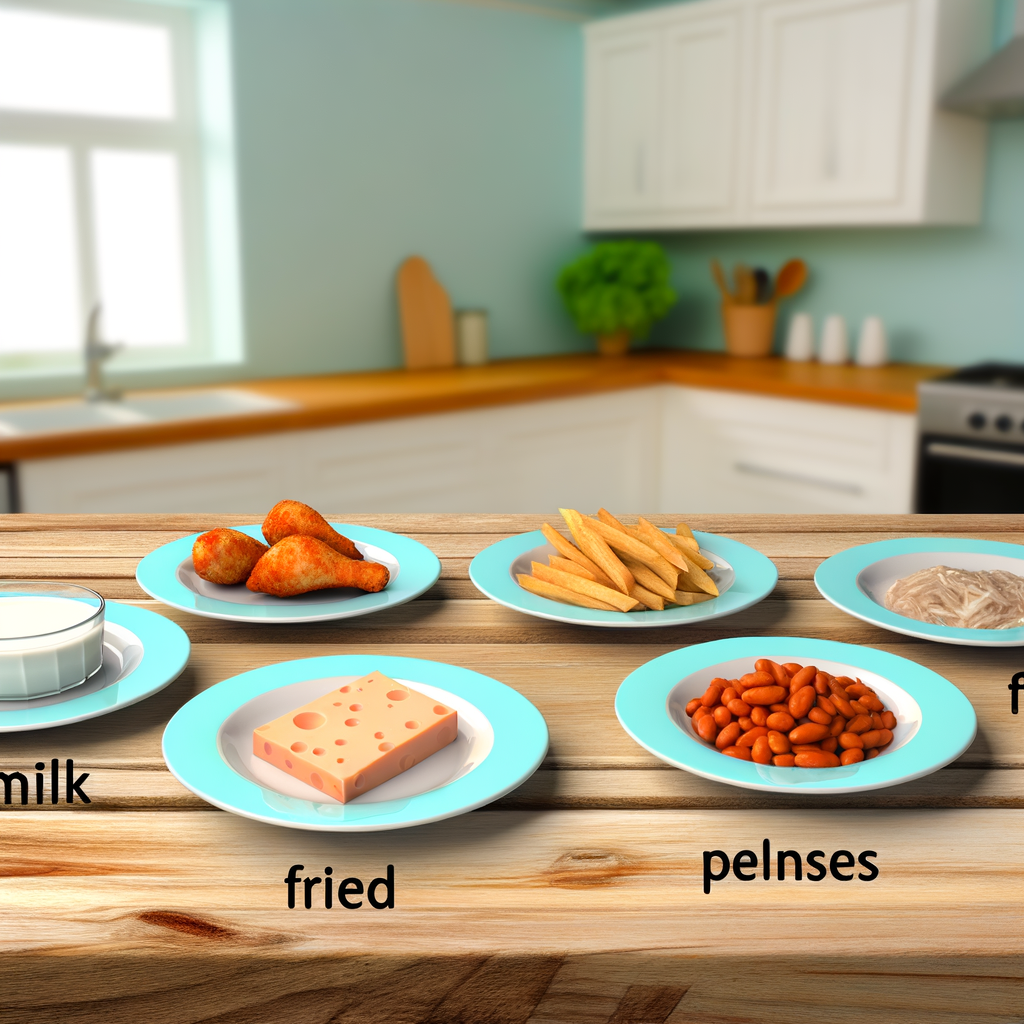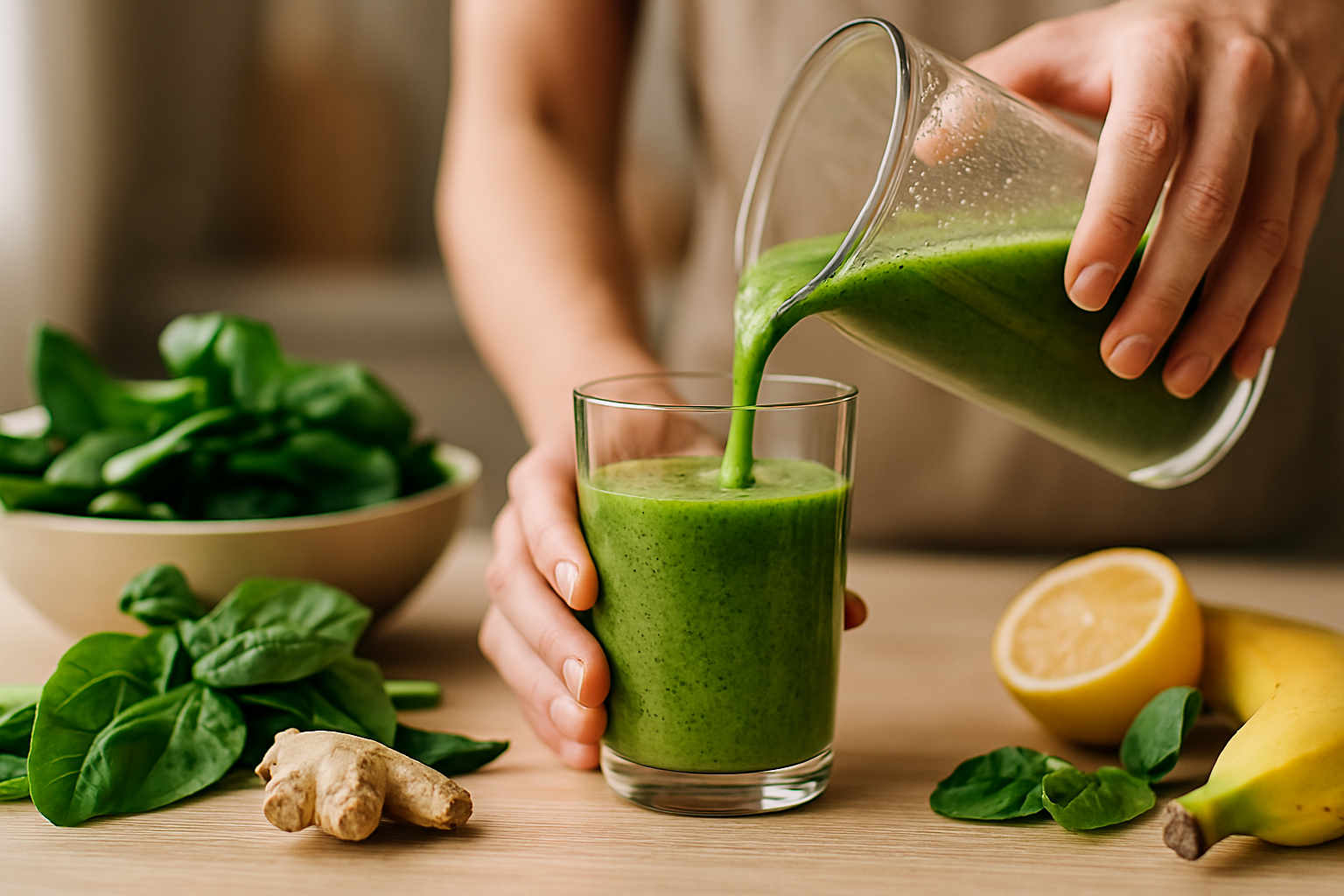
Navigating Dietary Choices: Identifying Foods That May Exacerbate IBS
Dealing with Irritable Bowel Syndrome (IBS) can be a delicate balancing act, especially when it comes to diet. Certain foods can trigger uncomfortable and often debilitating symptoms. While individual tolerances vary, there are common culprits that tend to disrupt digestive harmony. Understanding which foods to steer clear of can significantly improve your quality of life.
Why Some Foods Trigger IBS
IBS symptoms often include abdominal pain, bloating, gas, diarrhea, and constipation, which can be exacerbated by specific dietary choices. Foods that are high in fats, insoluble fiber, or certain carbohydrates known as FODMAPs (fermentable oligo-, di-, mono-saccharides and polyols) are known to cause issues for many with IBS.
The Top Foods to Limit or Avoid
- Dairy Products: Many individuals with IBS are lactose intolerant. Dairy can cause bloating, gas, and diarrhea. Consider lactose-free alternatives or plant-based options.
- Fried Foods: High in fat and often greasy, fried foods are harder for your stomach to digest, increasing the risk of IBS flare-ups.
- Beans and Legumes: While nutritious, they contain high amounts of fibers and sugars that can lead to increased gas and bloating in sensitive individuals.
- Caffeine: Found in coffee, tea, and some sodas, caffeine can stimulate the intestines, leading to increased diarrhea symptoms.
- Artificial Sweeteners: Substances like sorbitol and mannitol can cause diarrhea and discomfort in those with IBS.
By avoiding or limiting these foods, people with IBS can often see a noticeable improvement in their symptoms.
Practical Tips for Managing IBS Through Diet
Keeping a food diary can help identify personal triggers. Additionally, eating smaller, more frequent meals can help manage symptoms. Discussing dietary changes with a healthcare professional is also advisable to ensure nutritional needs are met.

Continuing Your Journey to Better Digestive Health
While avoiding certain foods can help manage symptoms, it’s equally important to focus on what you can eat. A balanced diet rich in soluble fiber, lean proteins, and low-FODMAP fruits and vegetables can support digestive health and reduce IBS symptoms.
Moreover, staying hydrated, practicing stress-relief techniques, and regular physical activity can complement your dietary efforts. These lifestyle changes not only help manage IBS but also contribute to overall well-being.
Remember, each person’s IBS triggers can be different, so it’s important to tailor dietary choices to your specific needs. Consulting with a gastroenterologist or a dietitian can provide personalized advice and support.
Maintaining a proactive approach to managing IBS can empower you to live a healthier, more comfortable life. For more insights into managing your health, consider taking our personalized health quiz or explore a detailed review of our dietary supplement Mitolyn, which may help enhance your cellular energy and overall vitality.
Click here to discover how to support your cellular energy and fat metabolism naturally.
Did You Know?
Many people walking around today — even those who are slim, active, or eat “healthy” — may already have early signs of insulin resistance without even knowing it.
Blood sugar imbalances often develop silently over time, leading to fatigue, stubborn belly fat, and cravings that just won’t go away.
Staying on top of your metabolic health isn’t just about diet — it’s about understanding how your body responds to glucose, even when everything seems fine on the outside.
